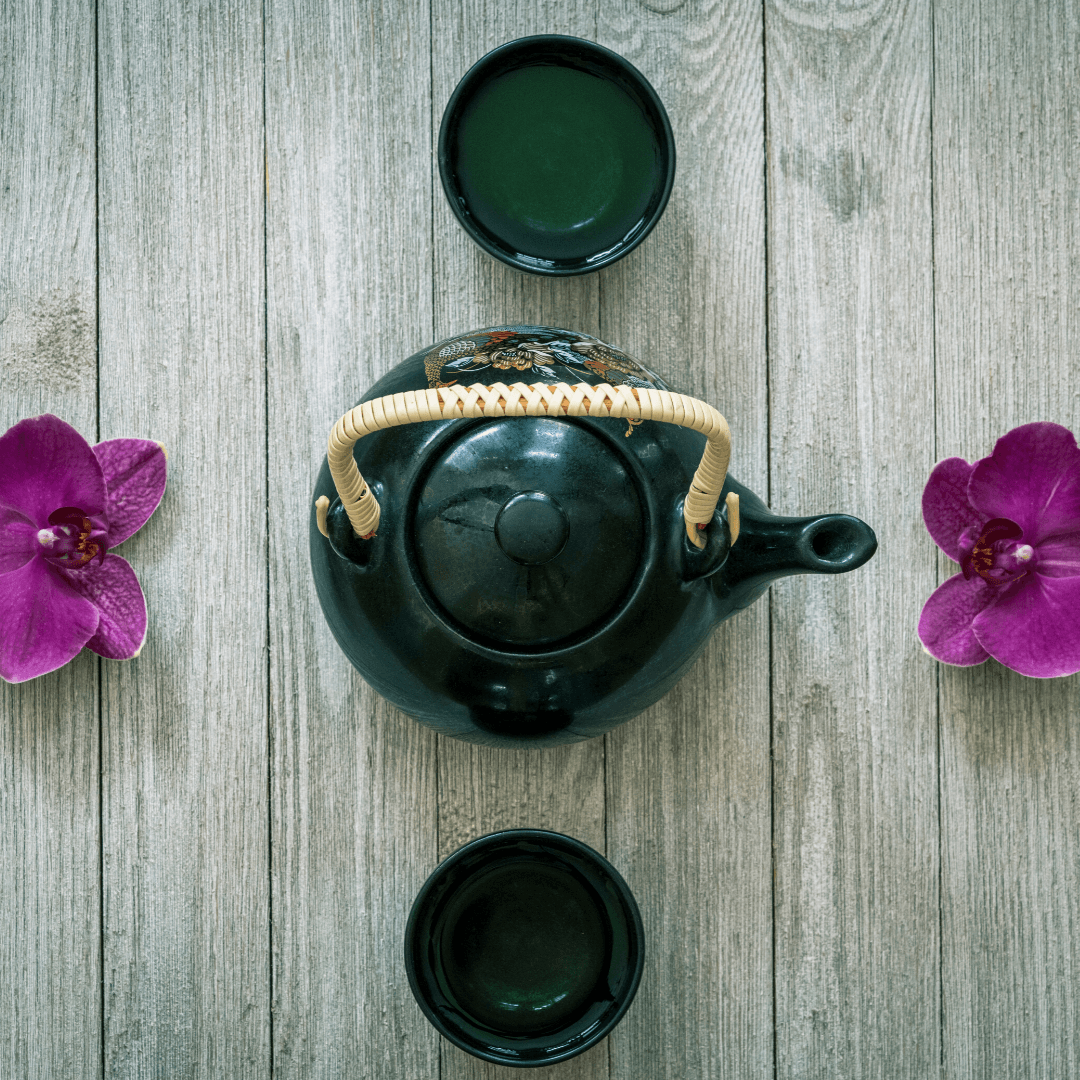COVID-19 - Supporting your immune system – a Medical Herbalist Perspective
The following article is not intended to replace your GP’s medical advice and – it is a personal viewpoint from a medical herbalist perspective.
Please follow your current legislative measures (ie social distancing, hygiene, etc)
What is a virus?
Viruses originate from the substance of the genome and, like the genome, can influence the metabolism of cells, thereby making them alien to the organism. If an infection occurs, viruses penetrate into the organism.
The organism recognizes that certain cells are made alien by the viruses, beginning to do something other than what is best for the whole. It begins to turn against these cells in order to eliminate them.
This is what creates the symptoms of the disease that now breaks out: the organism is trying to get rid of the infected cells so as to get rid of the viruses that have invaded, by employing, for example, coughing, fever, and phlegm.
From an Anthroposophic Medicine viewpoint, viruses have a pronounced relationship with the nervous system & the “ego” or “I-organization”. The “I- organization” regulates the immune system – the immune system representing and protecting the boundaries between the “I” & the environment.
In a recent article by Georg Soldner, he states that a viral infection, therefore, can be seen as alienation from your own body: “The more a person is already in a situation where the physical body is becoming alien to her or him, the more susceptible she or he is to this viral disease, now called COVID-19.
Of course, this is especially true at a higher age, when bones shrink and muscle mass decreases, or in the case of chronic illnesses.” He further states that: “The less I am present in my body—the less it is completely permeated by “me” in this sense—the more easily the infection can spread in the body and the more serious the consequences can be.
What helps people overcome illness is everything that helps them better “penetrate” and “warm” their body, and be able to feel more at home in it. Therefore, it is not surprising that the disease is seldomly dangerous for children.”
What can we do?
According to Georg Soldner, there are a number of measures we can take in our personal lives to help our organism overcome the disease.
These include abstaining from alcohol, moderating sugar consumption, and maintaining a rhythm of life with sufficient sleep and an active relationship with the sun. What our immune system often suffers from is a lack of sunlight, a deficiency that is most severe in the month of March.
What I personally read in the above mentioned is that we need to stay grounded, be present in the moment & our body – ie practice mindfulness.
Tea can be a very powerful agent or ritual to achieve this - both to create moments of pause & “me-time”, as well as being present.
In fact, Asian tea ceremonies represent a “letting-go” of preconceptions & your ego to achieve simplicity and pure focus.
The Japanese Tea ceremony can be summed up by the Zen phrase “Ichi-go Ichi-e”, which means “one-time, one meeting”.
The phrase is meant to remind us of the beauty and uniqueness of the present moment and that life is transient or ever-changing and impermanent.
I have planned to launch a series of tea meditation podcasts, which fuses elements of eastern tea ceremony with western style tea-cupping & sensory experiences – let me know if this would be of interest to you.
From a herbalist perspective, we have many herbs that help to support the immune system & peripheral circulation (the body’s warmth regulation) & the nervous system.
From our tea collection, I will discuss the 4 most relevant blends & ingredients to support the above mentioned: In today’s article, we will discuss the first Solaris Tea blend, with the other 3 being discussed in part 2.
Ginger Zest
Ingredients: Ginger, Liquorice root, Elder Flower
Ginger’s warming & stimulating effects addresses internal deficiencies related to cold (energetically). One of the best stimulants to the arterial circulation, the remedy promotes warmth to the body’s very extremities – a diffusive stimulant. Ginger has shown to be antiviral, antibacterial and immunostimulant and is used for upper respiratory infections, as well as being a warm digestive stimulant.
Liqourice root is an immune enhancer through activity on the pituitary/adrenal gland. It has a restoring and regulating effect – this applies to conditions of irritability and hypersensitivity of the bronchi, throat, stomach & urinary organs. On the neuro-endocrine level, it can act to reduce immune-hyperactivity. It is anti-infective, anti-inflammatory and antiseptic.
Note: Liquorice should be avoided in conditions of adrenal hyperfunctioning.
ie: hypertension, water retention, hyperglycemia & osteoporosis.
Elder Flower: Used for upper & lower respiratory infections with fever, specifically with localized infection, often purulent.
Traditionally it is used for allergic and inflammatory conditions, where it helps to resolve sputum overproduction (called mucostatic, ie restores mucosa to moderate secretions)
It is late now, so I will finish for now – part 2 will be coming in the next few days.
Look after yourselves & your family with good food, exercise & be lots of mindfulness – now is the time…
Warm regards, Joerg Mueller, Master Teablender & Medical Herbalist (BscHons)
